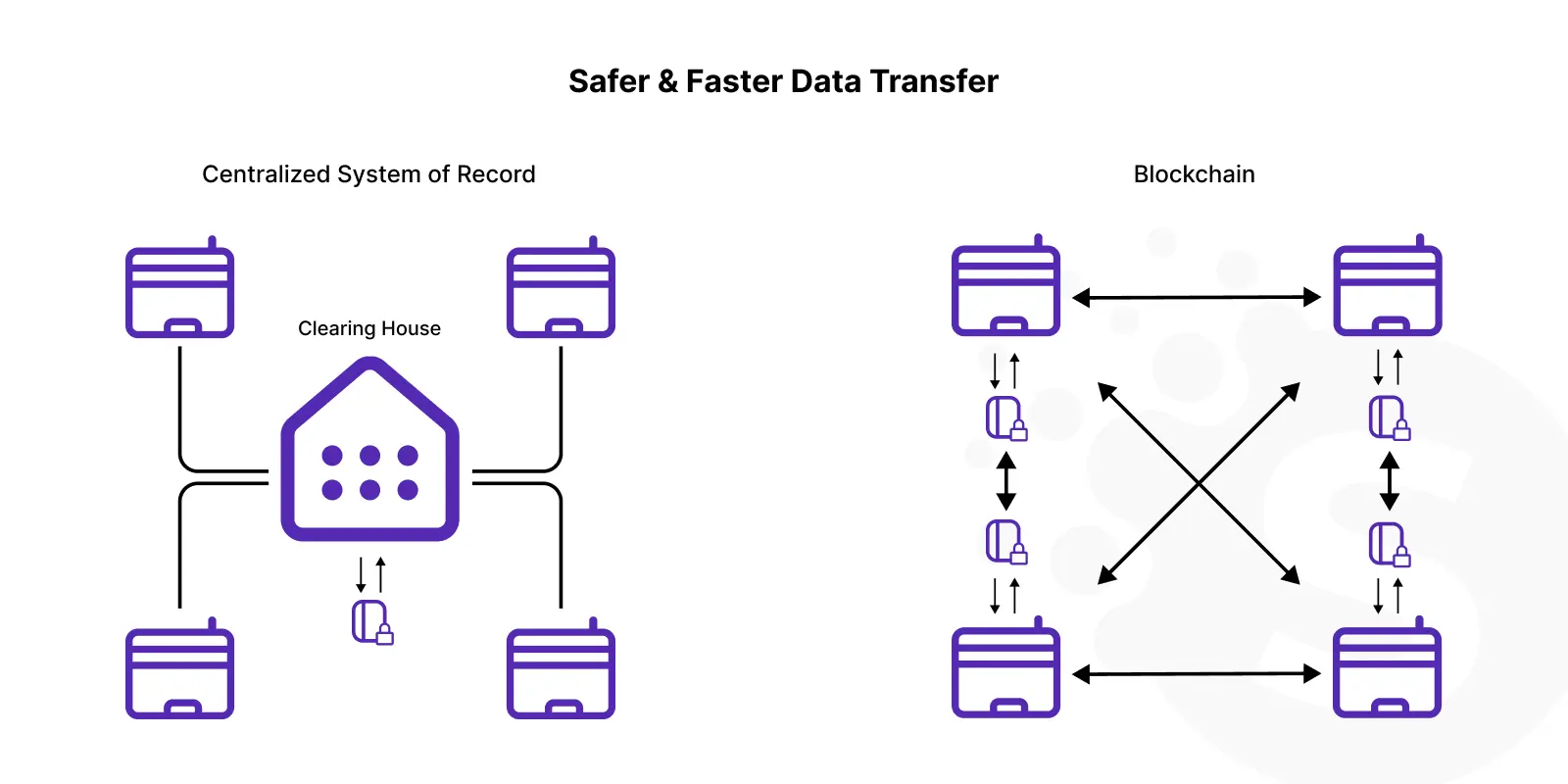
Revolutionizing Real Estate: Blockchain Transactions Unleashed
Blockchain technology is ushering in a new era for real estate transactions, bringing transparency, security, and efficiency to the industry. This article explores the transformative impact of blockchain on real estate transactions and how it is reshaping the way properties are bought and sold.
Blockchain Basics: A Foundation of Trust and Transparency
At the core of blockchain real estate transactions is a decentralized and distributed ledger. This ledger, maintained by a network of computers, records transactions in a secure and transparent manner. Each transaction, or block, is linked to the previous one, forming an unalterable chain. This foundation of trust and transparency addresses longstanding challenges in real estate transactions, such as fraud and lack of transparency.
Smart Contracts: Self-Executing Agreements for Efficiency
Smart contracts, powered by blockchain, are revolutionizing the contractual aspect of real estate transactions. These self-executing agreements automatically enforce the terms and conditions of a contract when predefined conditions are met. In real estate, this means that property transactions, from purchase agreements to title transfers, can be executed seamlessly without the need for intermediaries, reducing the risk of errors and delays.
Tokenization of Real Assets: Breaking Properties into Digital Tokens
Blockchain enables the tokenization of real assets, breaking down properties into digital tokens. These tokens represent ownership or shares in a property and can be easily traded on blockchain platforms. This fractional ownership model opens up real estate investments to a wider range of investors, allowing them to buy and sell tokens, providing liquidity to traditionally illiquid assets.
Enhanced Security and Fraud Prevention
The decentralized and tamper-resistant nature of blockchain significantly enhances security in real estate transactions. Traditional paper-based processes are vulnerable to fraud, but blockchain’s immutable ledger ensures that once a transaction is recorded, it cannot be altered. This level of security instills confidence in buyers, sellers, and investors, mitigating the risk of fraudulent activities in the real estate market.
Global Transactions and Cross-Border Accessibility
Blockchain’s borderless nature allows for seamless global real estate transactions. Buyers and sellers from different parts of the world can engage in transactions without the need for extensive intermediaries or complicated cross-border processes. This accessibility opens up opportunities for international real estate investments and fosters a more interconnected global real estate market.
Challenges and Regulatory Considerations
While the benefits of blockchain in real estate transactions are substantial, challenges and regulatory considerations exist. The legal and regulatory framework for blockchain transactions varies across jurisdictions, and ensuring compliance is crucial. Additionally, addressing privacy concerns and building consensus among industry stakeholders are ongoing challenges that need careful consideration for widespread adoption.
Real-world Implementations and Success Stories
Blockchain is already making waves in the real estate industry with successful implementations and use cases. From tokenized property sales to blockchain-based land registries, real-world examples demonstrate the potential of blockchain to streamline processes, reduce costs, and increase transparency in real estate transactions. These success stories serve as inspiration for further innovation and adoption across the industry.
Blockchain Real Estate Transactions Linking to WaslInfo.org
Explore in-depth insights, case studies, and expert perspectives on blockchain real estate transactions at WaslInfo.org. Learn how blockchain technology is transforming the real estate landscape, providing a glimpse into the future of secure, efficient, and transparent property transactions.
The Future of Real Estate Transactions
In conclusion, blockchain is revolutionizing real estate transactions, offering a secure, efficient, and transparent alternative to traditional processes. From smart contracts to tokenization and enhanced security features, the benefits of blockchain are reshaping the way we buy and sell properties. As the technology continues to mature and gain widespread acceptance, the future of real estate transactions looks increasingly decentralized, streamlined, and accessible to a global audience.
